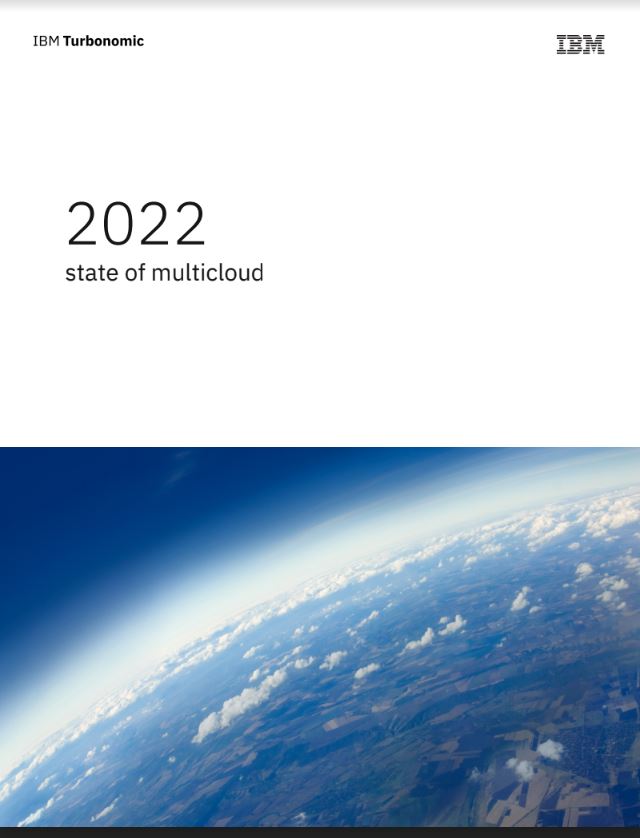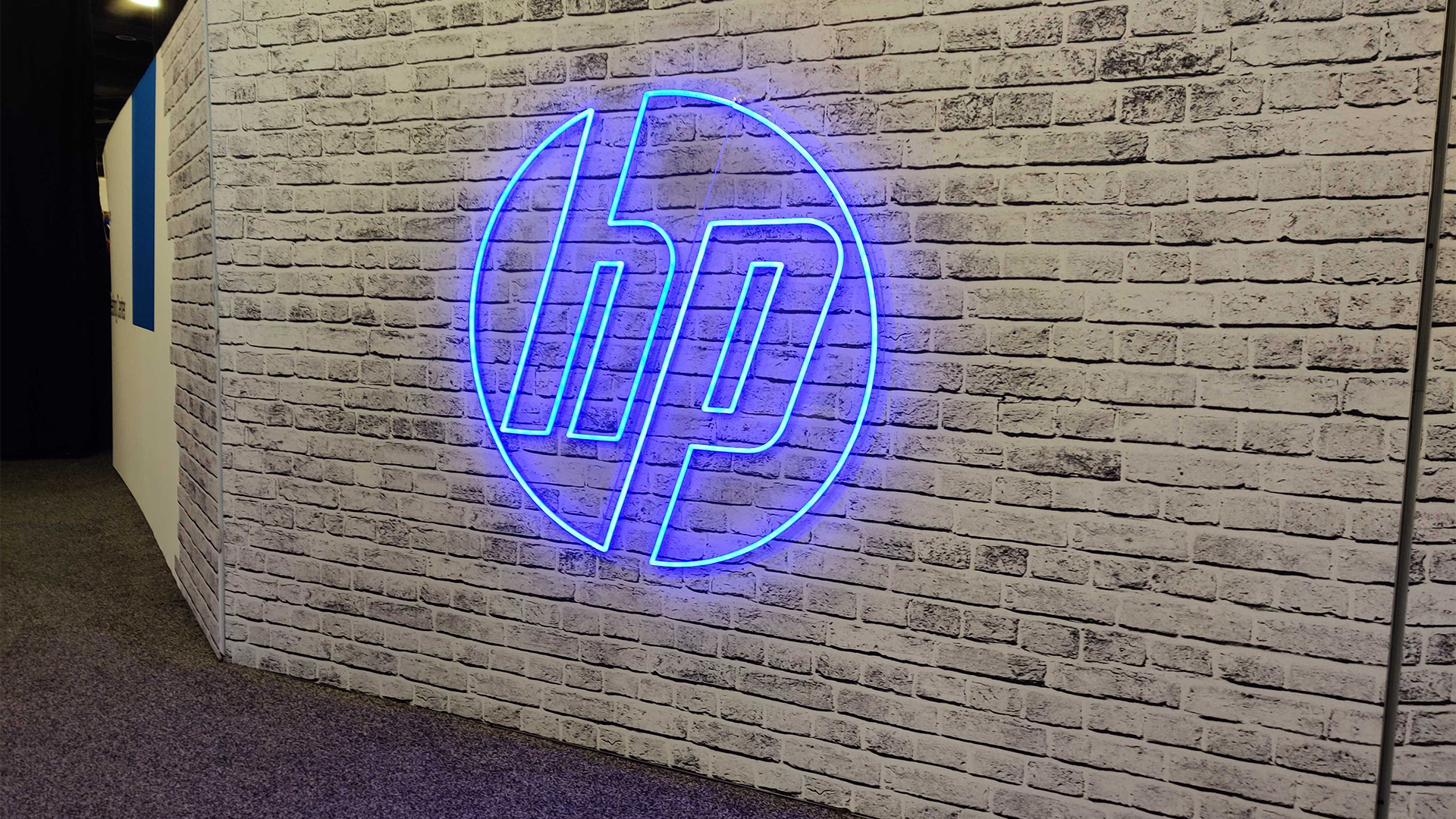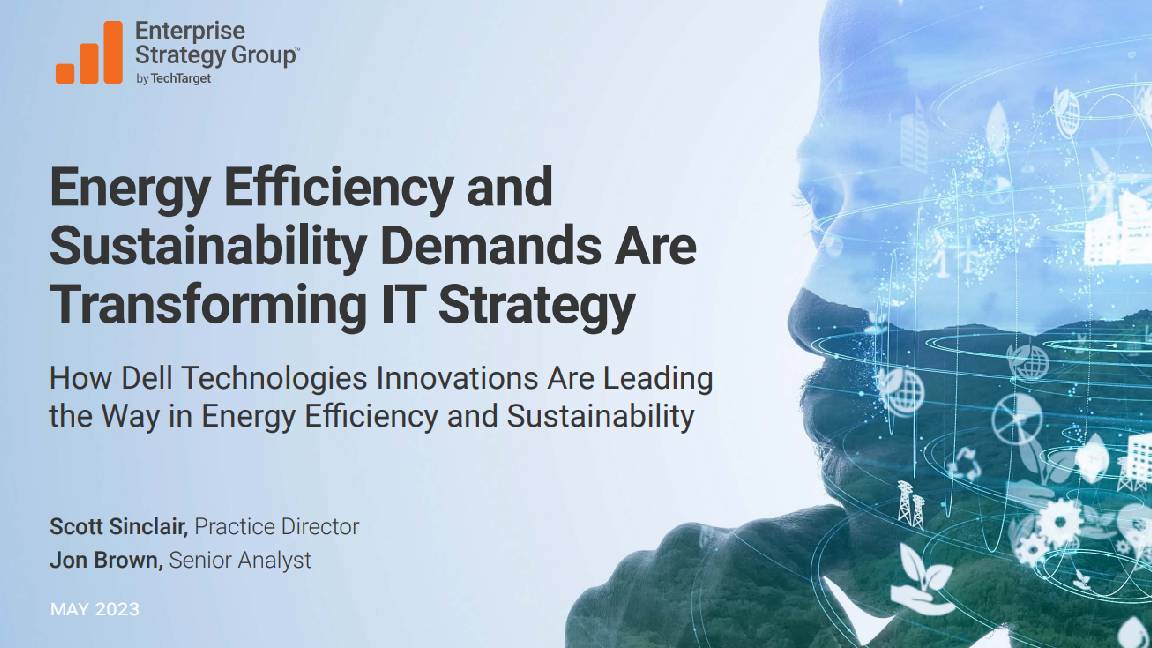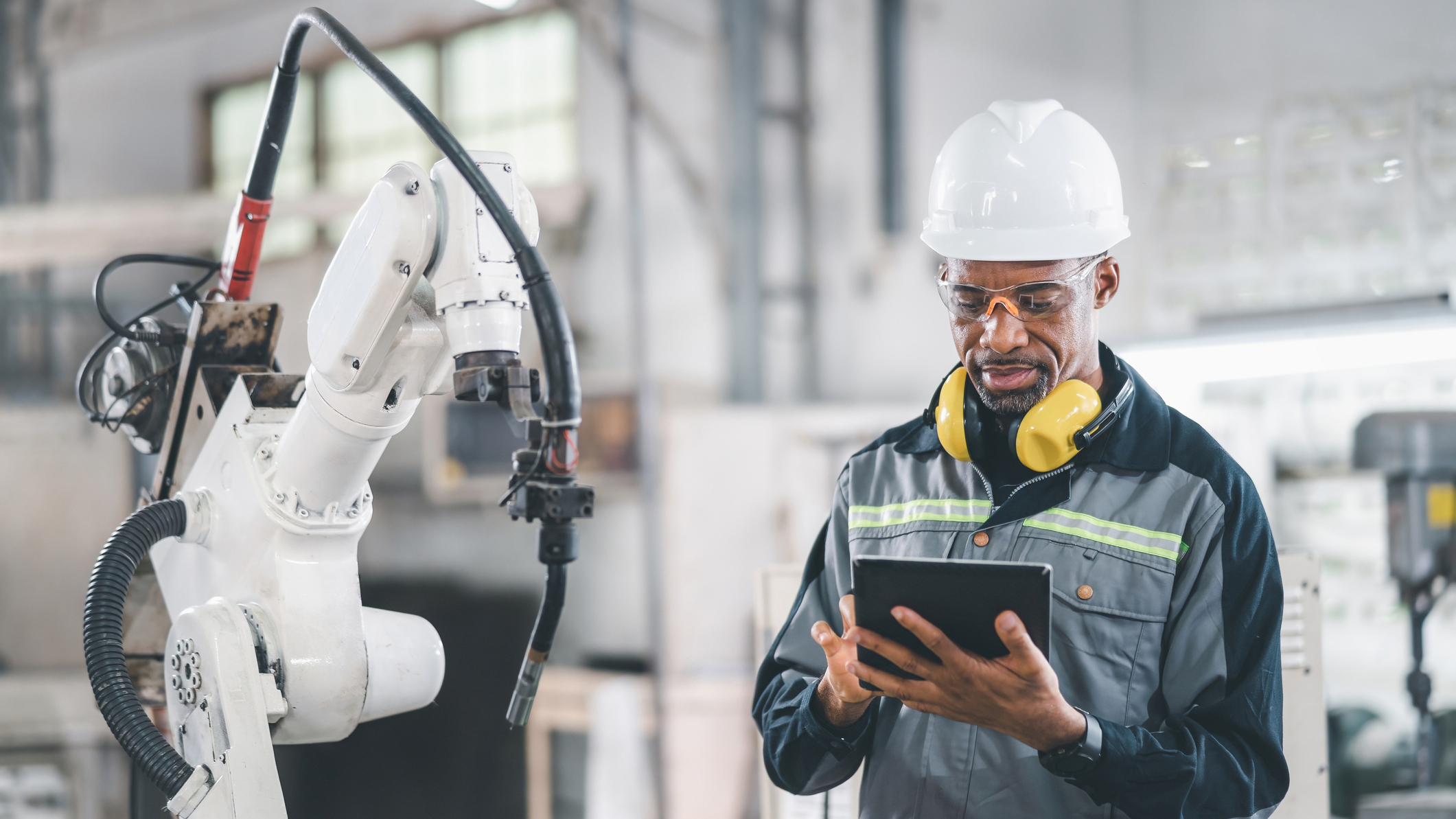Sustainability is the key strategic technology trend for 2023 – Gartner
CEOs report that environmental and social changes are now a top three priority for investors, behind only profit and revenue


New research from Gartner has revealed the top strategic technology trends for 2023, with sustainability a transcendent consideration for organisations as they look to the new year.
RELATED RESOURCE

2022 State of the multi-cloud report
What are the biggest multi-cloud motivations for decision-makers, and what are the leading challenges
Announcing its findings at its IT Symposium/Xpo event, Gartner said businesses must review their current strategies and ensure they’re aligned with the key themes that have stemmed for both the pandemic and 2022, while continuing to accelerate digital transformation plans.
“To enhance their organisation’s financial position during times of economic turbulence, CIOs and IT executives must look beyond cost savings to new forms of operational excellence while continuing to accelerate digital transformation,” explained Frances Karamouzis, Distinguished VP Analyst at Gartner.
The research firm’s list of key trends for 2023 are built around three themes – ‘optimise’, ‘scale’, and ‘pioneer’.
'Pioneer'
The ‘pioneer’ category, which outlines new forms of engagement and opportunity, includes metaverse virtual 3D digital reality spaces. Gartner predicts these will be device dependent, won’t be owned by a single vendor, and will powered by digital currencies and non-fungible tokens (NFTs).
In fact, by 2027, the research firm expects 40% of large organisations around the world will use a combination of Web3, AR cloud, and digital twins in metaverse-based projects aimed at increasing revenue.
The other pioneer focuses are superapps – designed to combine features of an app, a platform, and an ecosystem into one application – and adaptive AI systems that continuously retrain models and learn based on new data.
Get the ITPro daily newsletter
Sign up today and you will receive a free copy of our Future Focus 2025 report - the leading guidance on AI, cybersecurity and other IT challenges as per 700+ senior executives
'Optimise'
The ‘optimise’ category names the three top technology focuses that help optimise organisational resilience, operations, and trust.
These were found to be digital immune systems for mitigating risk, applied observability for exploiting data artifacts in decision making, as well as AI, risk, and security management.
'Scale'
The top three focuses for ‘scale’ were named as industry cloud platforms, platform engineering, and wireless connectivity value realisation.
Across all three categories, however, sustainability is a key driver. In a recent Gartner survey, CEOs reported that environmental and social changes are now a top three priority for investors, behind only profit and revenue.
“In 2023, delivering technology will not be enough,” said David Groombridge, Distinguished VP Analyst at Gartner. “These themes are impacted by environmental, social and governance (ESG) expectations and regulations, which translate into the shared responsibility to apply sustainable technologies.
“Every technology investment will need to be set off against its impact on the environment, keeping future generations in mind. ‘Sustainable by default’ as an objective requires sustainable technology.”
Sustainability is a business opportunity
Charles Cao, head of operations and strategy at SaaS provider Conga, agrees with Gartner’s findings, suggesting stakeholders are now seeing the business opportunity in sustainability.
“Clearly this is indication that business leaders are feeling the pressure from key stakeholders to do more for their environment, but more importantly, that they are now beginning to see these initiatives as opportunities to drive business efficiency and revenue growth,” he said.
“As Gartner’s report suggested, sustainability is not only a business prerogative, but it also goes hand-in-hand with business success – it can provide leaders with the opportunity to optimise and scale their operations and explore new ways of working and doing business.
Cao added that digital transformation and sustainability are fundamentally linked, and they should be treated as one and the same.
“As executives continue to invest more in innovative solutions, they need to match technology with clear business objectives and sustainability goals,” he continued.
“To do this, organisations need to establish a sustainable technology framework, one that outlines key areas of improvement in how they deliver their services, any unnecessary processes, and ensures that they are maximising their own energy and material efficiency.”
“Ideally, leaders should approach their sustainability programmes by trying to simplify or streamline one critical business process at a time, rather than adopting fully transformational technology without identifying how it benefits the operational cycle.”
As businesses set their sights on 2023, Cao reiterated Gartner’s point that simply delivering new technology will not be enough – leaders must look beyond cost savings.
“Looking towards 2023, every investment in technology will need to be set against its impact on the environment, or at least proven to deliver more sustainable business practices, but leaders need to embrace sustainability with an open mind,” he said.
Dan is a freelance writer and regular contributor to ChannelPro, covering the latest news stories across the IT, technology, and channel landscapes. Topics regularly cover cloud technologies, cyber security, software and operating system guides, and the latest mergers and acquisitions.
A journalism graduate from Leeds Beckett University, he combines a passion for the written word with a keen interest in the latest technology and its influence in an increasingly connected world.
He started writing for ChannelPro back in 2016, focusing on a mixture of news and technology guides, before becoming a regular contributor to ITPro. Elsewhere, he has previously written news and features across a range of other topics, including sport, music, and general news.
-
 Microsoft just hit a major milestone in its ‘zero waste’ strategy
Microsoft just hit a major milestone in its ‘zero waste’ strategyNews Microsoft says it's outstripping its zero waste targets, recording a 90.9% reuse and recycling rate for servers and components in 2024.
By Emma Woollacott
-
 HP’s sustainability drive is paying off for channel partners
HP’s sustainability drive is paying off for channel partnersNews Channel partners that bought into HP’s sustainability program saw sales increase as customers react positively
By Solomon Klappholz
-
 Beyond the upgrade: How to maximize IT investments and minimize waste
Beyond the upgrade: How to maximize IT investments and minimize wasteHow to maintain optimal performance and productivity with your fleet of hardware and stave off the next upgrade cycle for a bit longer
By ITPro
-
 Energy efficiency and sustainability demands are transforming IT strategy
Energy efficiency and sustainability demands are transforming IT strategywhitepaper How Dell Technologies innovations are leading the way in energy effiency and sustainability
By ITPro
-
 Energy efficiency and sustainability demands are transforming IT strategy
Energy efficiency and sustainability demands are transforming IT strategywhitepaper How Dell Technologies innovations are leading the way in energy effiency and sustainability
By ITPro
-
 Creating successful supply chain planning transformations in the consumer industry
Creating successful supply chain planning transformations in the consumer industryWhitepaper Think differently about SCP transformations and, in doing so, move into a better future for supply chains
By ITPro
-
 Better together
Better togetherWhitepaper Achieve more with Windows 11 and Surface
By ITPro
-
 Transforming the enterprise
Transforming the enterpriseWhitepaper With Intel and CDW
By ITPro

